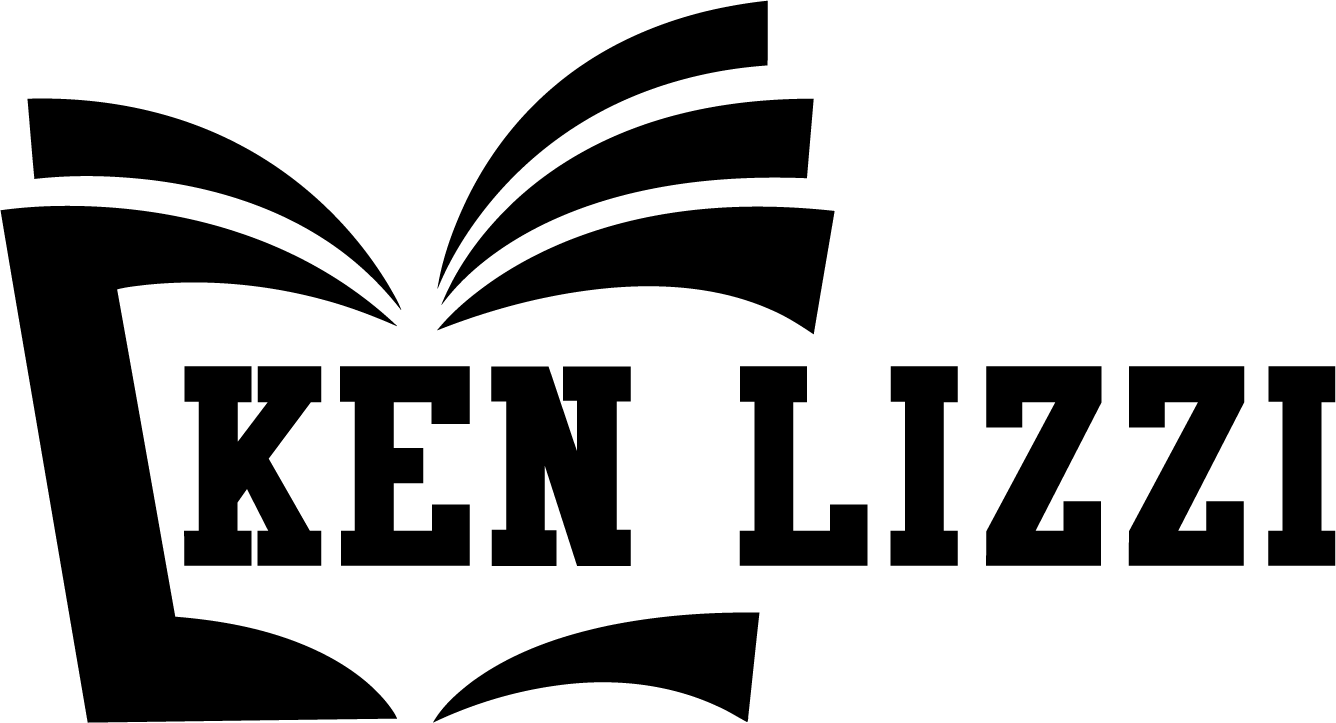The Exotic Enchanter. A Hero’s Homecoming — Eventually.
Here we are with part 4 of my look at the Harold Shea stories. The last part, as far as I am aware. The Exotic
If Ken Lizzi has a quest it is to help infuse a pulp sensibility into 21st Century fiction
Here we are with part 4 of my look at the Harold Shea stories. The last part, as far as I am aware. The Exotic
Despite the passing of Fletcher Pratt, Harold Shea lives on. The fantasy humor writer Christopher Stasheff tries to fill in, though the proceedure of story
Last week I posted about the the first two tales of L. Sprague de Camp and Fletcher Pratt’s Harold Shea stories. This week it is
I re-read books. Yes, I keep going back to the well, or, rather, wells. But if the water is so good — uisce beatha, if
L. Sprague de Camp’s The Tritonian Ring is bronze-age sword-and-sorcery. In its pages he fits in lost continents, suggests origins for certain myths: medusa, gorgons,
What books made you who you are today? What is your personal Appendix N? [NB: Appendix N is a recommended reading list for players of
September 6, 2020 Anthologies: The Spell of Seven Another volume curated by L. Sprague de Camp, The Spell of Seven offers a stellar lineup of
November 24, 2019 Intro to Swords and Sorcery: Five Names You Should Know Perhaps you are new to this planet, or have been living in
